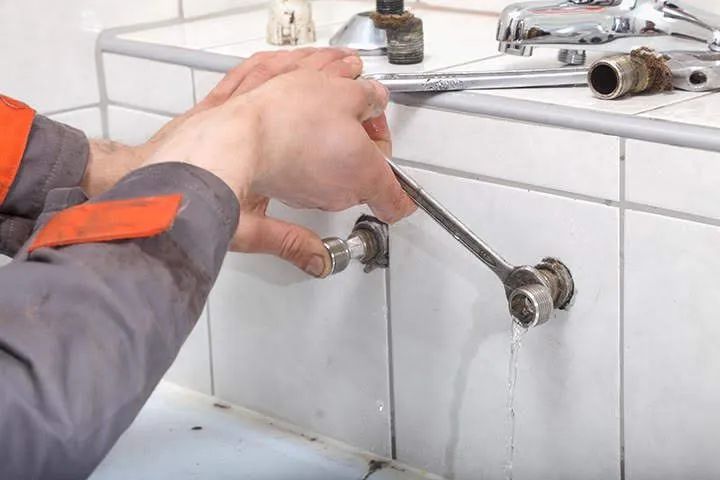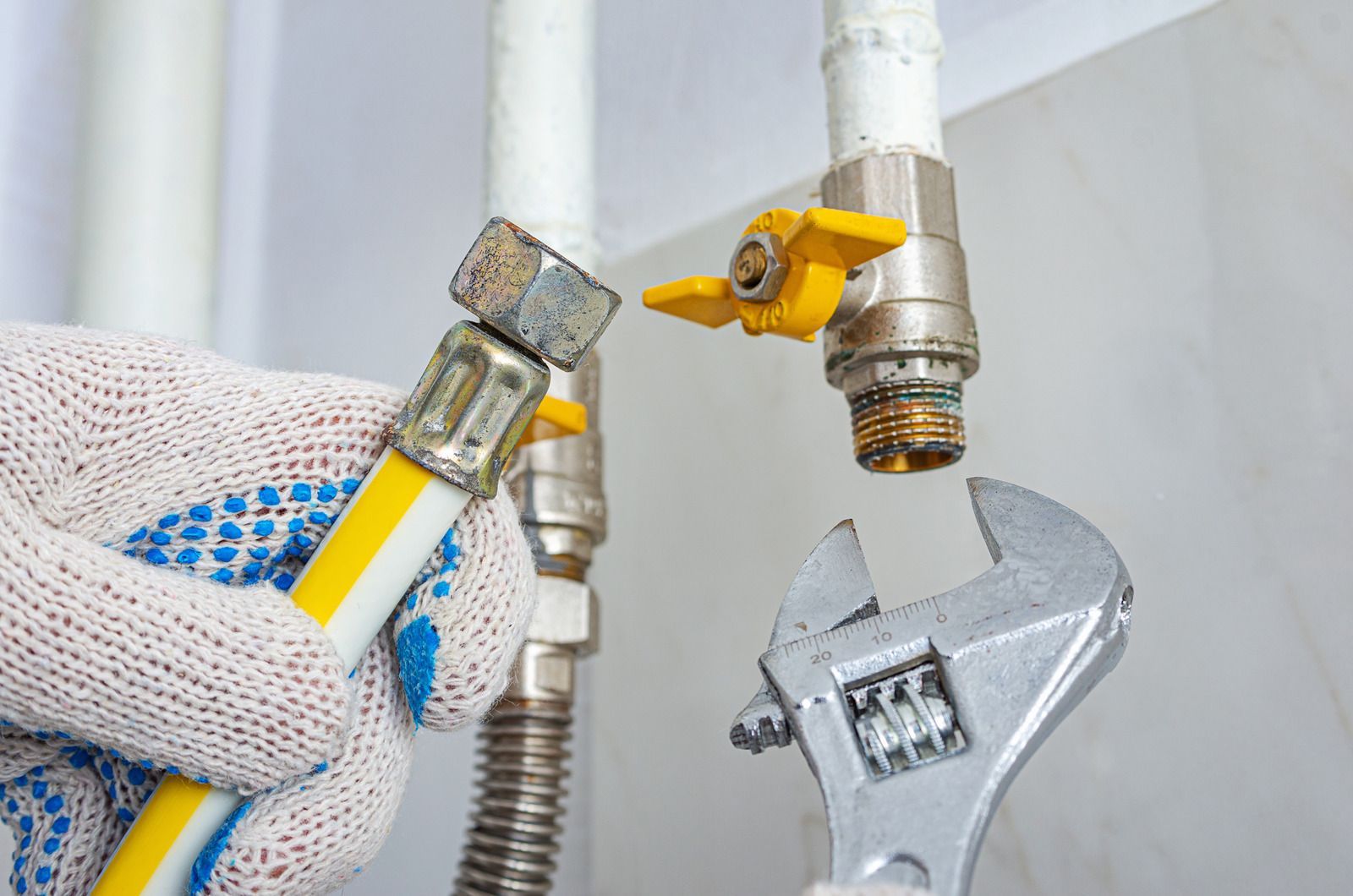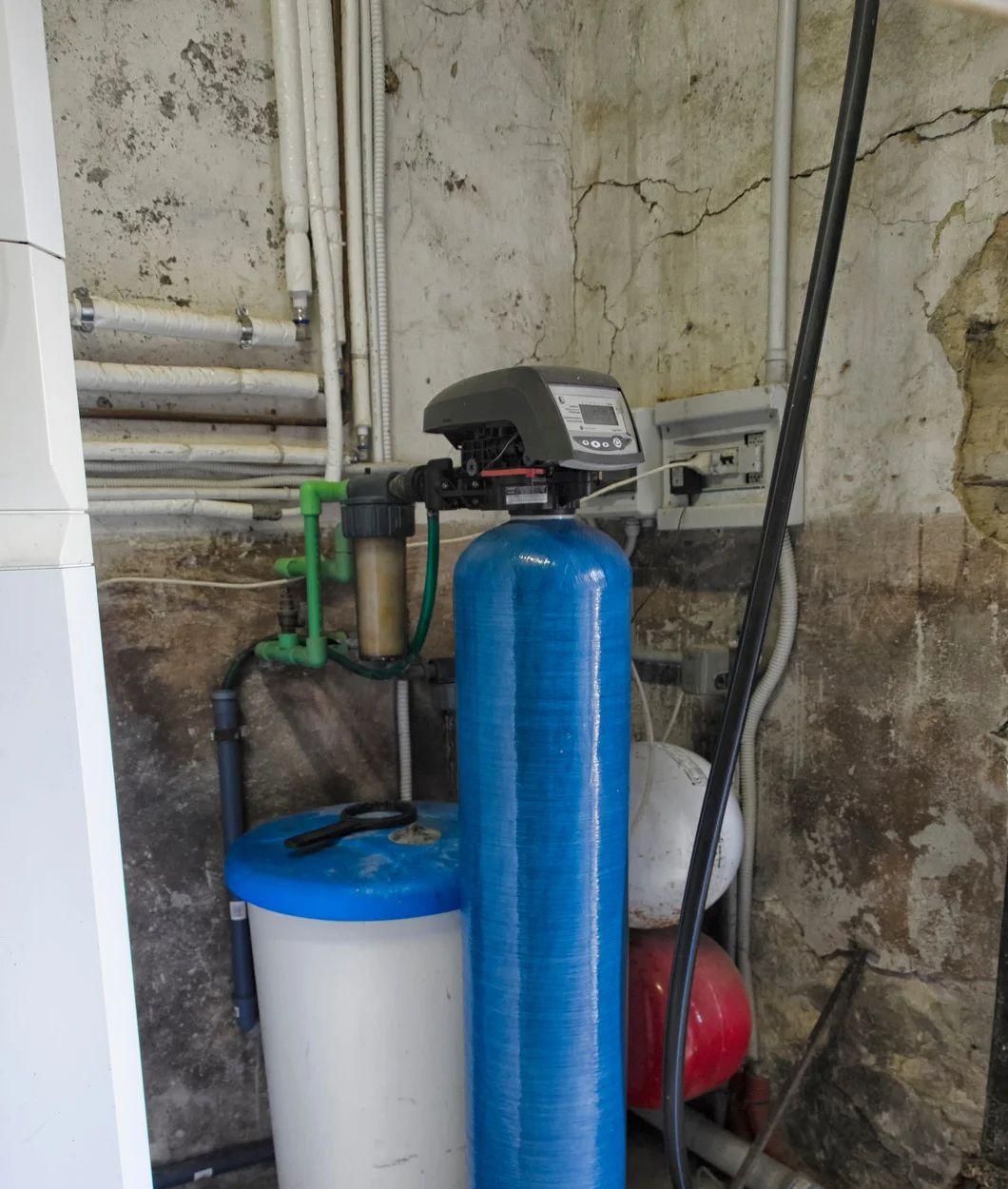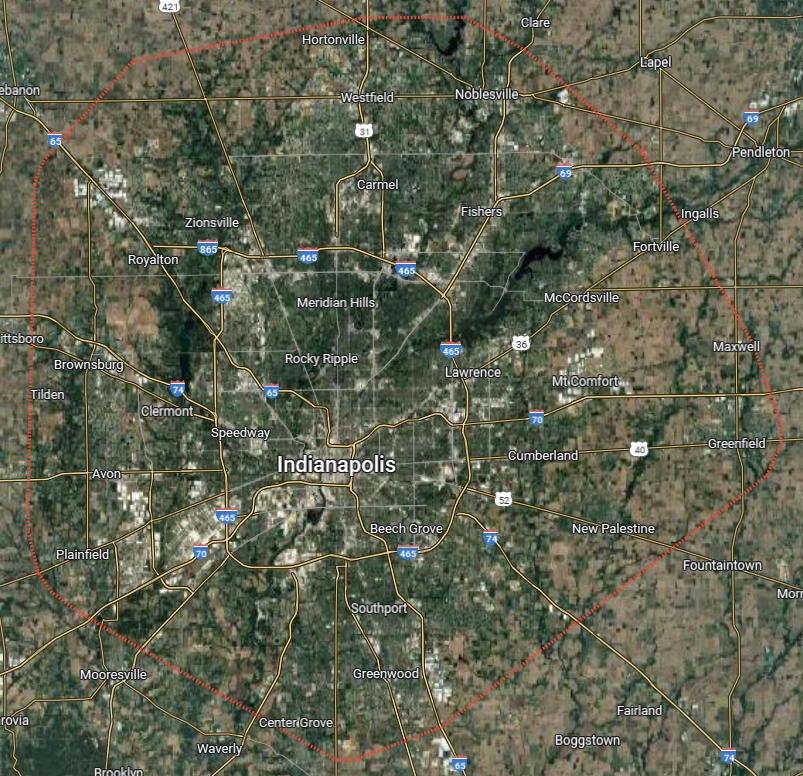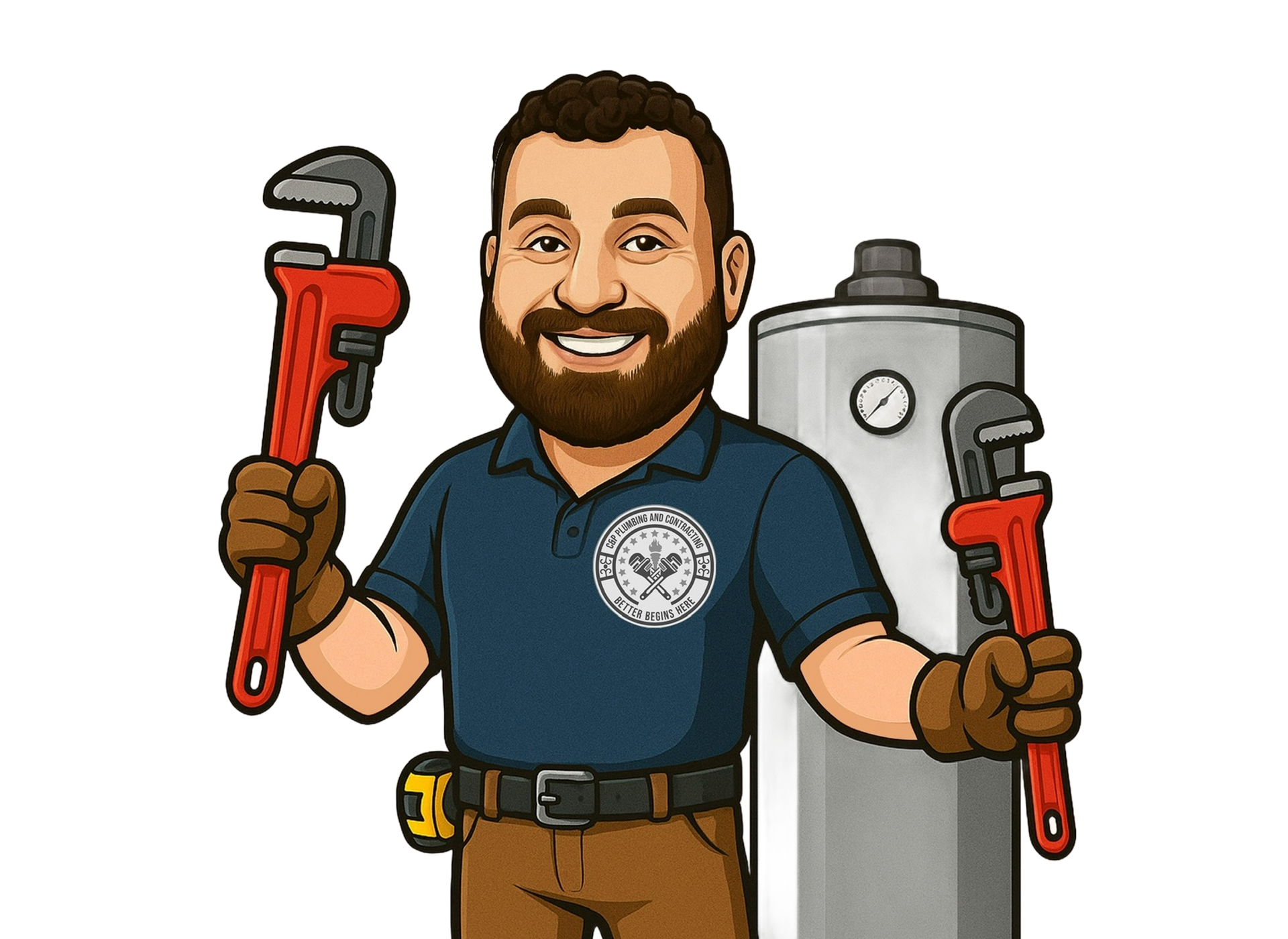Tank vs. Tankless Water Heaters: Which is Right for Your Home?
November 24, 2025
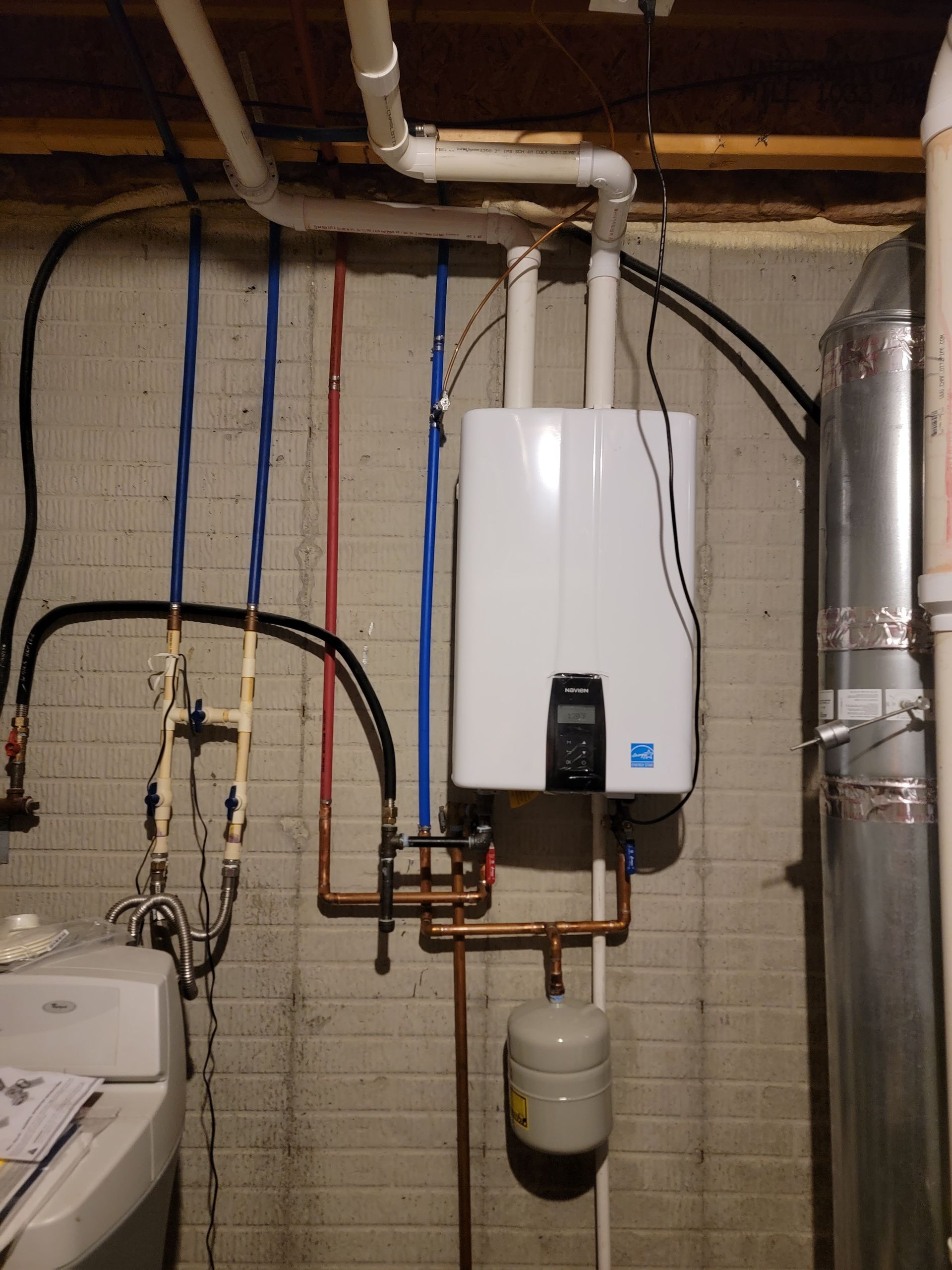
Choosing the right water heater is a critical decision for any homeowner. With options ranging from traditional tank systems to modern tankless units, understanding the differences can save you money, energy, and future headaches. Tank water heaters store and heat a large volume of water, ready for use, while tankless systems heat water on demand, providing endless hot water without the need for a bulky storage tank. Each type has its advantages and potential drawbacks, and the best choice depends on your household’s size, water usage, and long-term energy goals.
Comparing Tank and Tankless Water Heaters
Traditional Tank Water Heaters
Tank water heaters are the classic choice for most homes. They store water in a large insulated tank, typically ranging from 40 to 80 gallons, and maintain it at a preset temperature. This means hot water is readily available for showers, dishwashing, and laundry. Tank heaters are generally less expensive upfront and easier to install. However, they consume more energy because they constantly maintain the temperature of stored water, leading to “standby heat loss.” Additionally, tank water heaters have a limited supply, so large households may experience a shortage if multiple appliances run simultaneously.
Tankless Water Heaters
Tankless water heaters, also known as on-demand systems, heat water as it passes through the unit, providing a continuous supply without storing water. These systems are highly energy-efficient, as they eliminate the standby heat loss associated with tank units. They are also compact, saving valuable space in your home. However, the initial installation cost is higher, and retrofitting an older home may require upgrades to gas lines or electrical capacity. Tankless units are ideal for smaller households or homes with high energy efficiency goals but may struggle to meet simultaneous high-demand water needs without multiple units.
Key Factors to Consider
When deciding between tank and tankless systems, several factors come into play. First, consider your household size and peak water demand. Larger families may benefit from the consistency of a tank system, while smaller households can take full advantage of tankless efficiency. Energy consumption is another major consideration; tankless heaters can significantly reduce utility bills over time. Space constraints and installation costs should also be weighed, as tankless systems require less room but higher upfront investment. Finally, lifespan matters: tankless units generally last longer, often 20 years or more, compared to 10–15 years for traditional tanks.
Making the Right Choice for Your Home
Choosing the ideal water heater is about balancing your household’s needs, energy efficiency goals, and budget. If you value immediate availability, lower upfront costs, and straightforward installation, a traditional tank water heater may be the best fit. On the other hand, if you seek long-term energy savings, continuous hot water, and a compact design, a tankless system could be the smarter investment. Consulting with an experienced plumbing professional can help you assess your home’s infrastructure and water usage patterns to make the most informed choice.
Your Guide to Energy-Efficient Water Heating
For homeowners in Indianapolis, Indiana, C & P Plumbing and Contracting
has over 10
years of experience helping families select and install the right water heating solutions. Our team provides expert guidance on both tank and tankless systems, ensuring that your water heater meets your home’s specific needs. From installation to maintenance, we deliver reliable, efficient service that prioritizes your comfort and energy savings. Trust C & P Plumbing and Contracting
to keep your home running smoothly with the right water heating system for your lifestyle.
